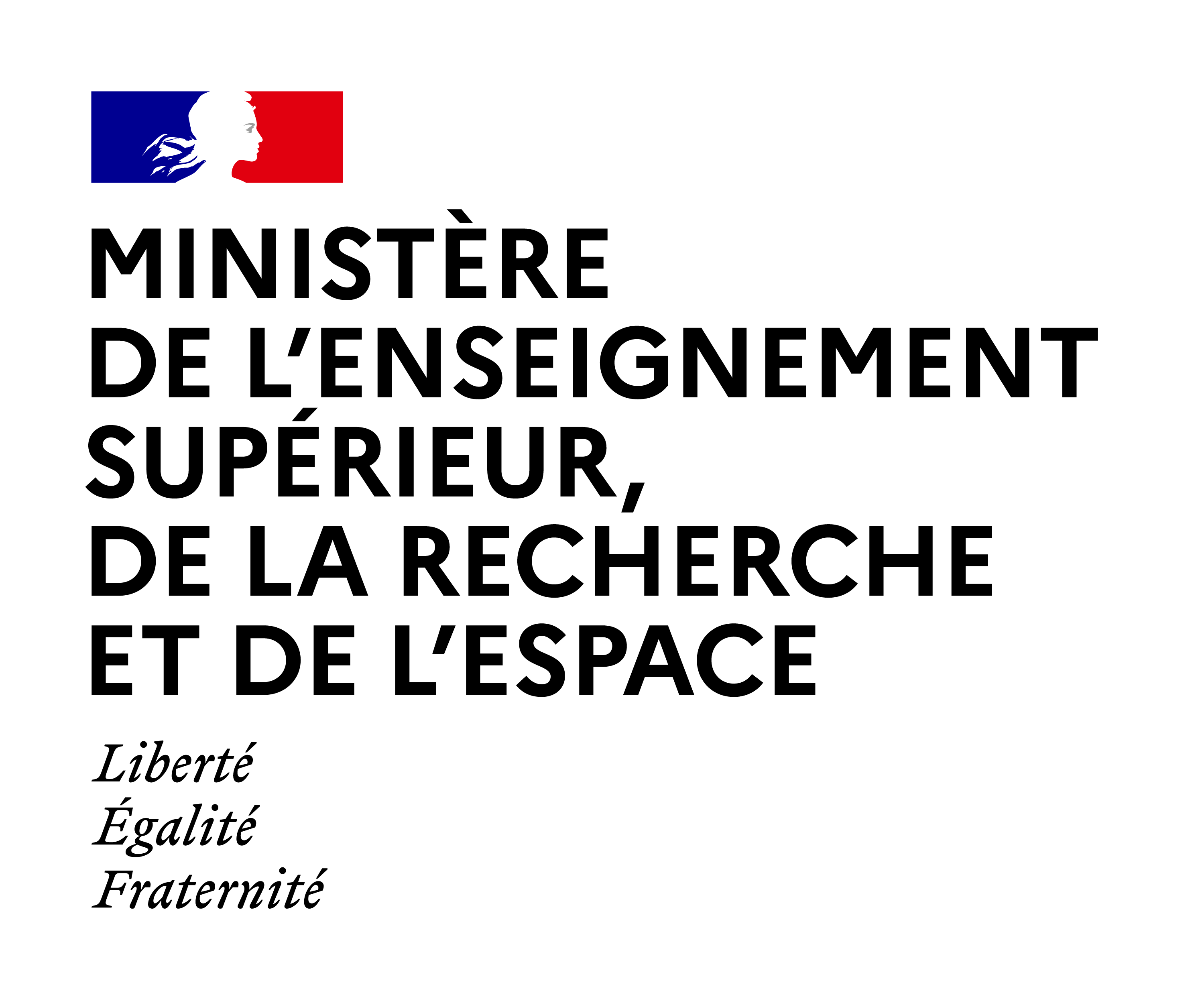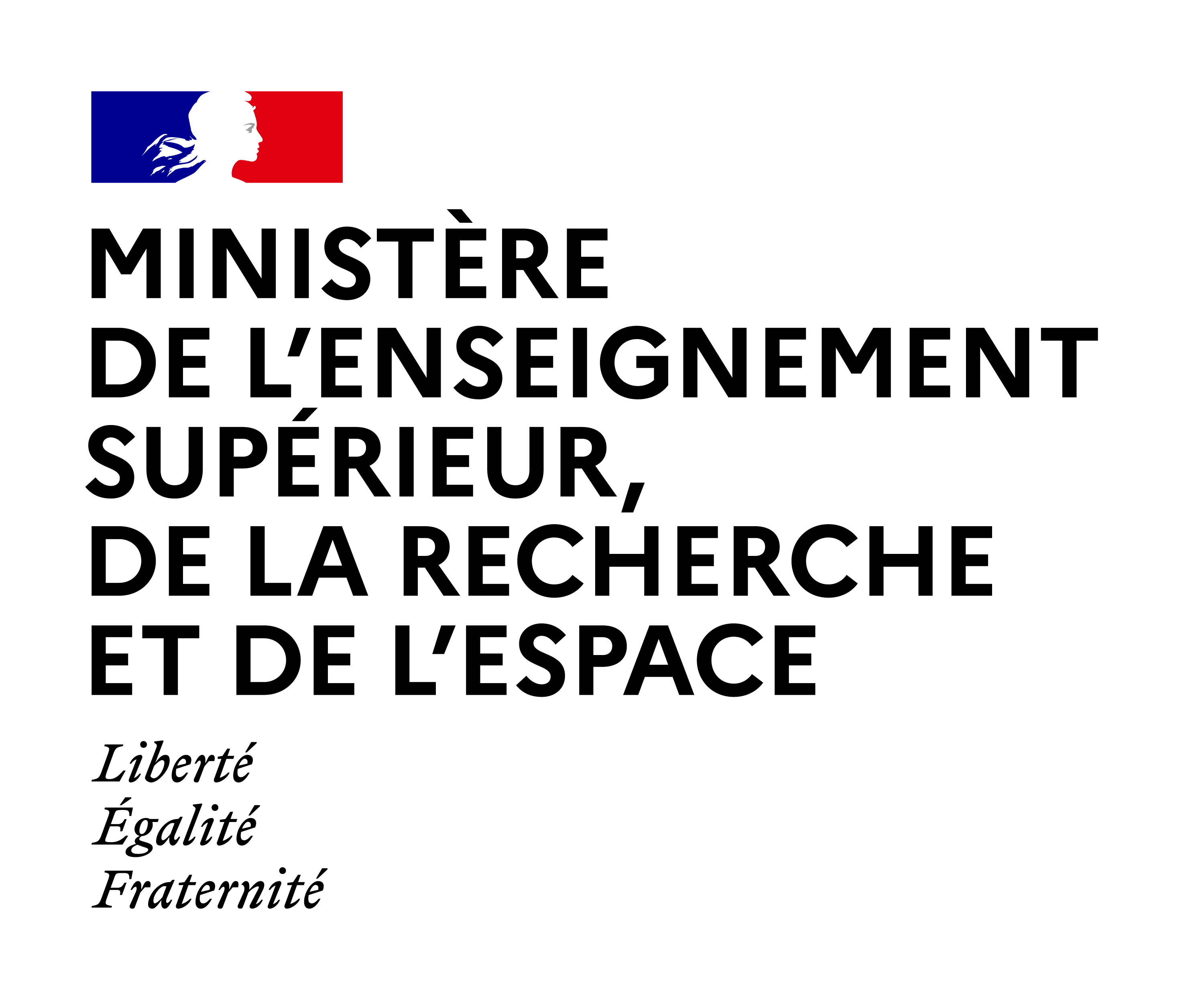
Sommaire
Social Mix Policies and Research: Finding the "Right Balance" [VF] / Sako Musterd
Date de création :
06.07.2011Auteur(s) :
Sako MUSTERDPrésentation
Informations pratiques
Droits réservés à l'éditeur et aux auteurs.
Description de la ressource
Résumé
Social Mix Policies and Research: Finding the "Right Balance" [version avec traduction simultanée en français] / Sako Musterd. [version doublée en français] In "Mixité : an urban and housing issue? Mixing people, housing and activities as urban challenge of the future", 23ème colloque international de l'European Network for Housing Research (ENHR), organisé par le Laboratoire Interdisciplinaire Solidarités, Sociétés, Territoires (LISST) à l'Université Toulouse II-Le Mirail, 5-8 juillet 2011. Plénière 1: Mixité, diversity: pertinent notions?, 6 juillet 2011. ‘Social mixing’ has been embraced by several governments as a remedy for urban social problems, or perhaps as an instrument to address other urban issues as well. It has become a part of strategies to ‘restructure’, ‘revitalize’ and ‘regenerate’ urban areas. However, social mixing initiatives, and the urban poverty discourse to which these initiatives are connected, have also been subject to substantial critiques. Many academics have challenged the assumptions underlying social mixing strategies, as well as the way social mix policies are expected to translate into positive outcomes for residents. There is also criticism focused on not paying attention to the negative sides of social mixing, to broken social networks, spillover effects, and the populations that become excluded from ‘socially mixed neighbourhoods’. Nevertheless, there also is a body of academic literature that is taken very seriously, which shows or advocates that there indeed seem to be positive impacts of social mix strategies. Various recent large-scale neighbourhood effect studies support these viewpoints. These studies argue that living among poor people perpetuates individual poverty, whereas middle-class neighbours provide benefits. These findings thus seem to justify policy efforts to intervene in the social makeup of poor neighbourhoods. This "paper" reflects on these contrasting views, opinions, and findings and tries to find the answer to the question what the ‘right balance’ actually is. > > La traduction simultanée en français est assurée par un interprète de l'Association Internationale des Interprètes de Conférence (AIIC).
"Domaine(s)" et indice(s) Dewey
- Autres groupes (305.9)
Domaine(s)
- Sociologie et démographie économiques
- Sociologie, processus sociaux, interaction sociale
Intervenants, édition et diffusion
Intervenants
Édition
- Université Toulouse II-Le Mirail
Diffusion
Document(s) annexe(s)
- Cette ressource fait partie de
Fiche technique
- LOMv1.0
- LOMFRv1.0
- Voir la fiche XML




